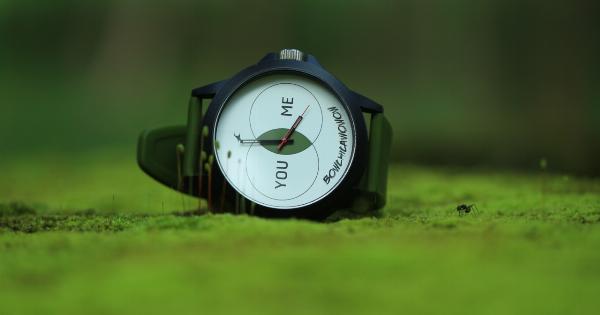Handedness, the preference for using one hand over the other, is a fascinating aspect of human behavior. It has long been a topic of study in various fields, including psychology, neuroscience, and genetics.
Additionally, there has been interest in exploring the potential relationship between handedness and other aspects of human life, including sexuality and sexual performance.
Understanding Handedness
Handedness is typically categorized into two main groups: left-handed and right-handed individuals. The majority of people (around 90%) are right-handed, meaning they prefer to use their right hand for most tasks.
On the other hand (pun intended), left-handed individuals, who use their left hand more dominantly, make up about 10% of the population.
Sexual Performance: An Intricate Interplay of Factors
Sexual performance is a complex phenomenon influenced by multiple biological, psychological, and sociocultural factors.
These factors include hormone levels, physical health, mental well-being, interpersonal relationships, and social conditioning, among others. However, the relationship between handedness and sexual performance remains less explored and inconclusive.
The Handedness-Sexuality Connection
Some studies have suggested a potential association between handedness and sexual orientation, but the evidence is inconclusive.
While some studies have reported a higher prevalence of left-handedness among non-heterosexual individuals, others have found no significant correlation. Thus, it is important to note that being left-handed does not imply any specific sexual orientation.
Handedness and Sexual Preferences
Research examining the potential links between handedness and sexual preferences has yielded mixed results.
Some studies have reported a potential connection between handedness and certain sexual behaviors or preferences, such as BDSM (Bondage, Discipline, Dominance, Submission, Sadism, Masochism). However, these findings are not conclusive, and the potential relationship between handedness and sexual preferences requires further investigation.
Handedness and Erectile Dysfunction
While there is limited research on the topic, a few studies have explored potential associations between handedness and erectile dysfunction (ED).
One study suggested that left-handedness might be associated with a higher prevalence of erectile difficulties in men. However, these findings are based on small sample sizes and require replication through larger-scale studies.
Biological Factors: Brain Lateralization
Biologically, handedness is related to brain lateralization, referring to the specialization of brain functions in the left or right hemisphere.
The left hemisphere of the brain is primarily responsible for language processing and logical reasoning, whereas the right hemisphere is associated with processing emotions and spatial abilities. Differences in the proportions of left-handed and right-handed individuals may reflect asymmetries in brain structure and function, but the exact mechanisms remain unclear.
Genetics and Handedness
Handedness is believed to have a genetic component, although the specific genes involved are not yet fully understood.
Studies have indicated that certain genetic markers may be associated with handedness, but the genetic basis of handedness is complex and likely involves multiple genetic factors.
Psychological and Social Influences
In addition to biological and genetic factors, psychological and social factors also influence handedness. Prenatal exposure to hormones, birth order, and cultural norms are thought to play a role in the development of handedness.
However, it is important to note that these influences do not directly determine an individual’s sexual performance or preferences.
The Importance of Comprehensive Research
While there have been some studies exploring the potential relationship between handedness and sexual performance, the evidence is inconclusive and often limited by methodological issues, small sample sizes, and various confounding factors.
Therefore, it is crucial to conduct large-scale, well-designed studies to understand any potential associations fully.
Conclusion
While there is ongoing interest in exploring the possible connections between handedness and sexual performance, the current body of evidence is not sufficient to draw definitive conclusions.
The relationship between these two factors remains complex and multifaceted, likely influenced by a combination of biological, genetic, psychological, and sociocultural factors. Further research is needed to elucidate the potential links and mechanisms underlying this intriguing interplay.




























